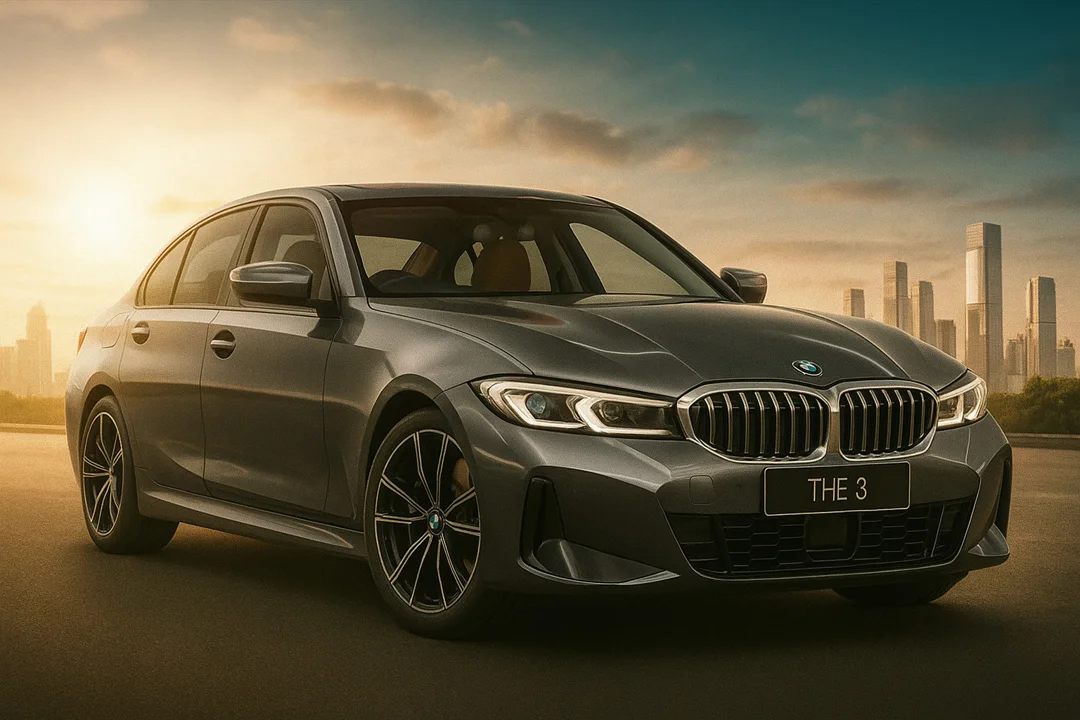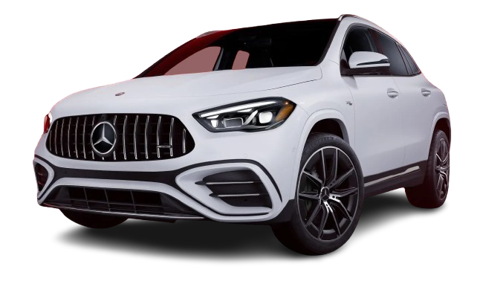What is the mileage of BMW 3 Series Gran Limousine?
The BMW 3 Series Gran Limousine offers different mileage figures depending on the fuel type and transmission. The manual petrol variant delivers up to 0 km/l, while the automatic petrol variant offers up to 15 km/l.





















